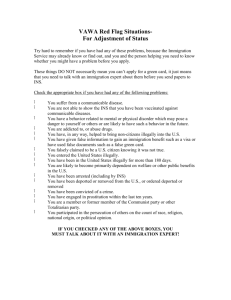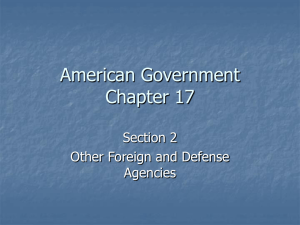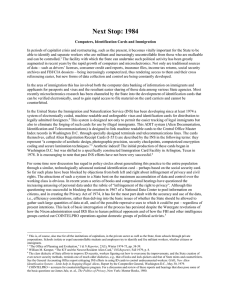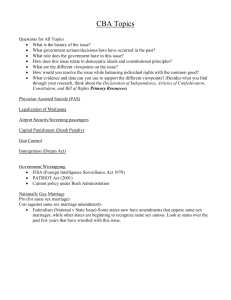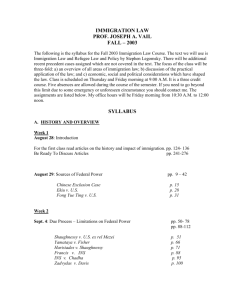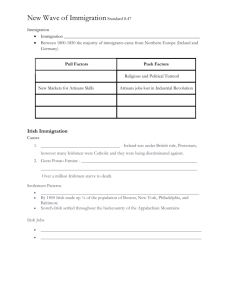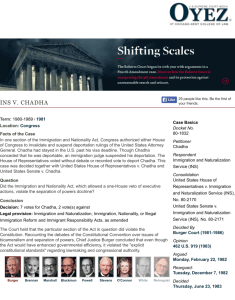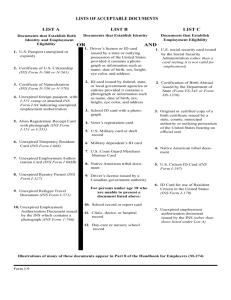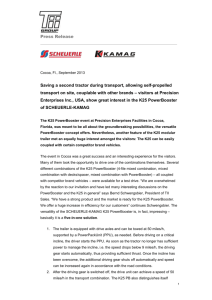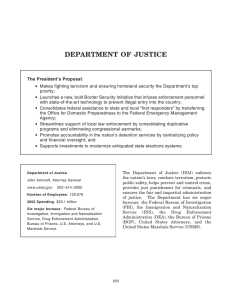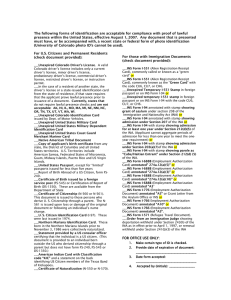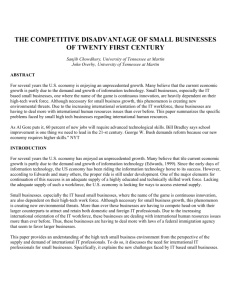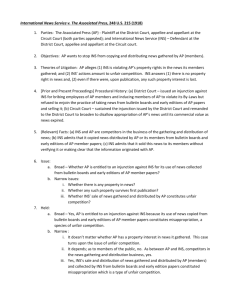Health Care Proposals
advertisement
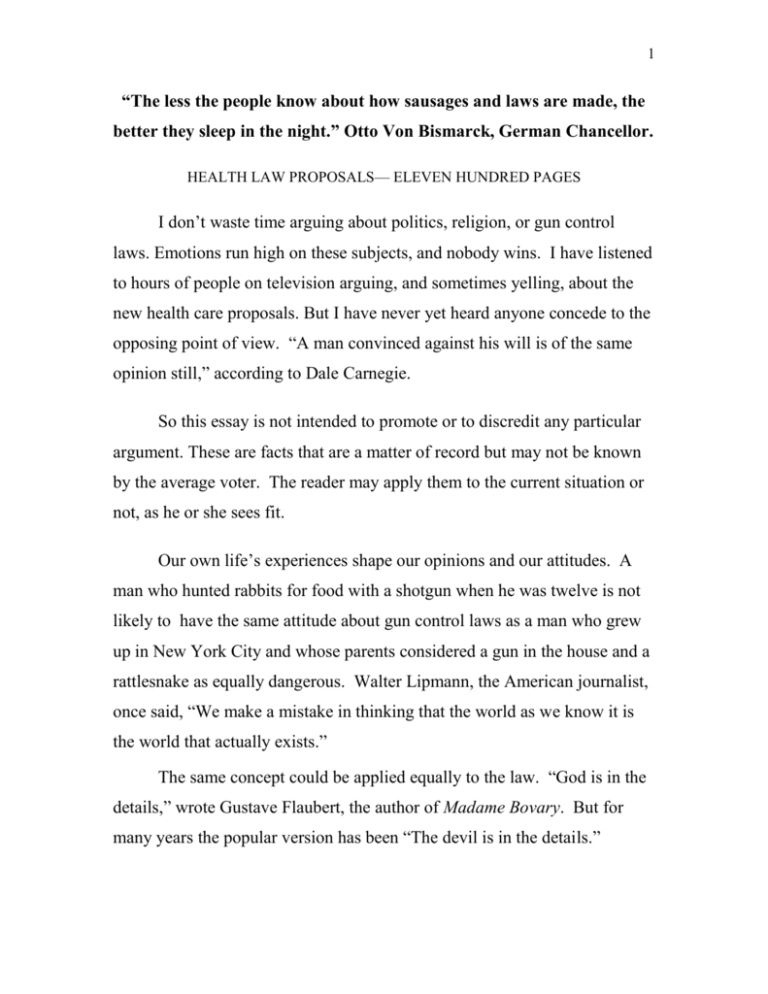
1 “The less the people know about how sausages and laws are made, the better they sleep in the night.” Otto Von Bismarck, German Chancellor. HEALTH LAW PROPOSALS— ELEVEN HUNDRED PAGES I don’t waste time arguing about politics, religion, or gun control laws. Emotions run high on these subjects, and nobody wins. I have listened to hours of people on television arguing, and sometimes yelling, about the new health care proposals. But I have never yet heard anyone concede to the opposing point of view. “A man convinced against his will is of the same opinion still,” according to Dale Carnegie. So this essay is not intended to promote or to discredit any particular argument. These are facts that are a matter of record but may not be known by the average voter. The reader may apply them to the current situation or not, as he or she sees fit. Our own life’s experiences shape our opinions and our attitudes. A man who hunted rabbits for food with a shotgun when he was twelve is not likely to have the same attitude about gun control laws as a man who grew up in New York City and whose parents considered a gun in the house and a rattlesnake as equally dangerous. Walter Lipmann, the American journalist, once said, “We make a mistake in thinking that the world as we know it is the world that actually exists.” The same concept could be applied equally to the law. “God is in the details,” wrote Gustave Flaubert, the author of Madame Bovary. But for many years the popular version has been “The devil is in the details.” 2 The Immigration and Nationality Act of 1952 became law the year before I joined the US Border Patrol. The patrol was a branch of the Immigration and Nationality Service (INS), which had recently been transferred to the Department of Justice, under the Attorney General. The new trainees spent the first two months at the Border Patrol Academy, with the heaviest emphasis on studying the new laws and the Spanish language. Each trainee was issued a copy of The Committee Report, a little paperback book six inches by nine inches and approximately one-half inch thick. It contained the details of the new laws, and we assumed it told us everything we needed to know. We were wrong. At our first official stations, they issued each of us a copy of Title Eight, Code of Federal Regulations, (8 CFR,) a thick, hard-backed book with removable, letter-sized pages. It contained the interpretations the Department of Justice applied to the new laws. These regulations had the force of law, just the same as if the congress had passed each of them and the president had signed them. “As an example, a statute may be only three paragraphs in length, but the implementing regulation(s) may be eight pages long! Additionally, there may be numerous regulations associated with just one statute!” Code of Federal Regulations, Internet We often got new inserts containing changes, and we constantly had to remove and replace pages. We used the books for reference and filed the changes to keep the books current. They also gave us a similar book of near equal size, the Operations Instructions (OIs,) issued by the Commissioner of Immigration. They did not have the force of law, but they were binding on officers and employees 3 of INS. Court decisions in immigration matters sometimes overruled the regulations and INS interpretations, and that required changes in our books. And as if this were not enough, a court decision is binding on INS only within the jurisdiction of that court and might be eventually overruled by a higher court. Only a decision by the US Supreme Court is fully controlling over the entire country. Congress couldn’t possibly spell out the details of every possible situation, and they might have trouble passing anything if they tried. So if this bill eventually becomes law, the final version of the eleven-hundred pages will require a lot of explaining. With apologies to Flaubert, “God [or the Devil] is in the details,” so the head of the department will promulgate regulations that direct how these new laws will be interpreted and enforced. These regulations will be written by unknown and unelected people within the department, and will be binding on every agency and every court in the United States. The proposed regulations will be published and citizens will have a chance to comment before they go into effect, but we can only guess as to what effect the citizens’ comments will have. Also, we can only guess as to what effect the backgrounds and life experiences of the ones who write them will have on the final form of the regulations. Different points of view lead to different opinions. The sub agencies also may issue operations instructions governing their internal operations. All of these rules could have a serious effect on any of us, either good or bad, at one time or another. We can’t believe what anybody tells us today about what will be or won’t be in the final version after the house and senate finish their wrangling, or how the laws and regulations will be interpreted and applied. 4 Not Pelosi, not Reid, not Olberman, not Hannity, not Beck, not O’Reilly, and not even Obama. The president can insist that he won’t sign a bill if certain provisions are in it, or if other provisions are not in it. But he says he wants to sign a health bill during his first year in office, so who knows what he will do if congress sends him a bill he doesn’t like. He must either sign it as it is or wait and hope for a better bill next year. It may be now or never, because all congressmen and one third of the senators will be up for reelection in 2010. The average voters don’t fully understand shorthand terms such as “Public Option” and “Single Payer System.” “Fraud and Waste in Medicare” is simpler, but if we couldn’t prevent fraud in the past, how can we stop it now? And where is the waste? Is it a waste of Medicare money to pay for a heart-bypass operation for an eighty-year-old man or to replace a broken hip for someone’s grandmother? And who will decide if it is or is not waste? Will it be a doctor, a committee of doctors, or a computer in some office of the government? Thomas Jefferson wrote, “A government big enough to give you everything you want, is big enough to take away everything you have.” We will have to wait to see what happens. Will God be in the details, or will it be the Devil? Bismarck’s comment about laws and sausages may not have been original with him, but he summed it up nicely. If those were his thoughts when he was in Germany in the 1770s, imagine what he would think of our situation if he were here today. Joe White, Fort Mill, SC— www.josephcwhite.com (803) 547 1828 You may use this any way you want to. It was published this week in the Fort Mill SC Times, a weekly newspaper 5
